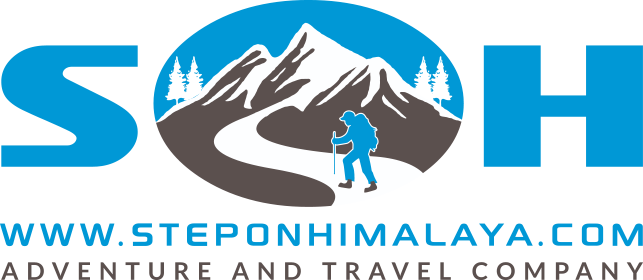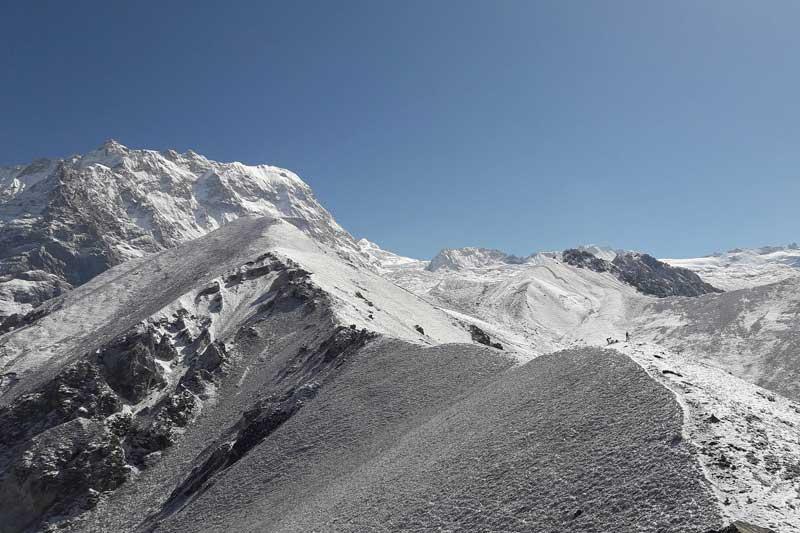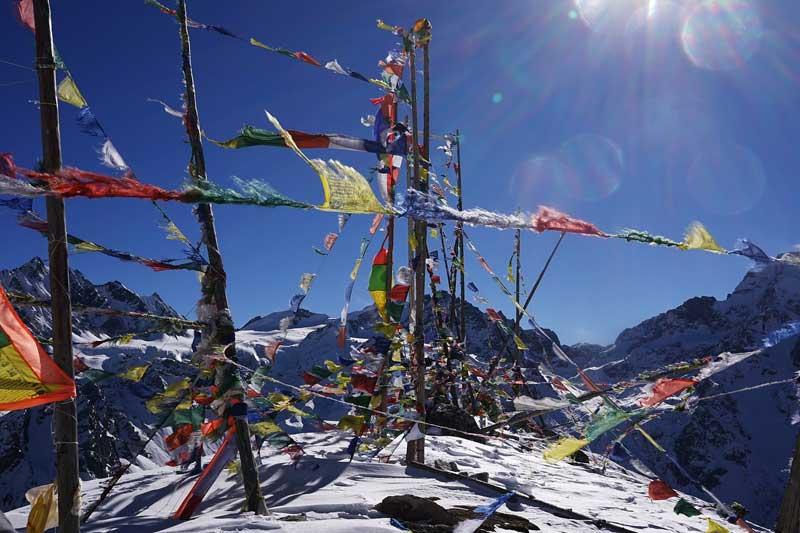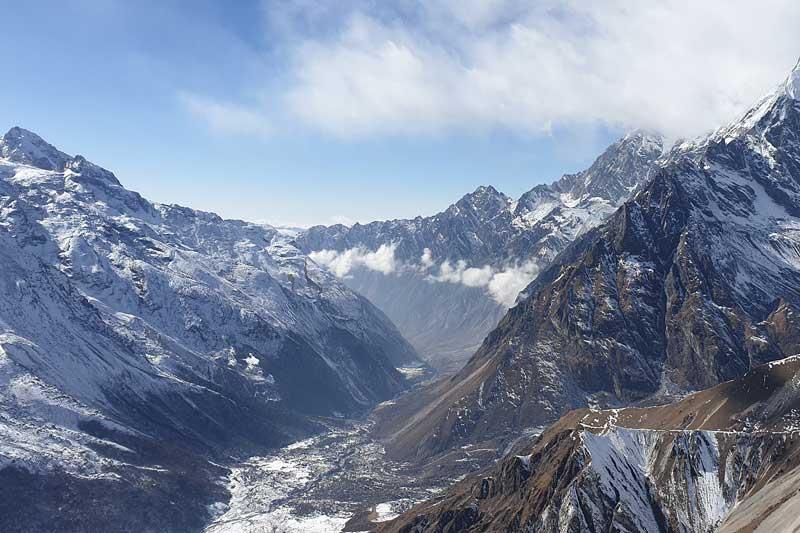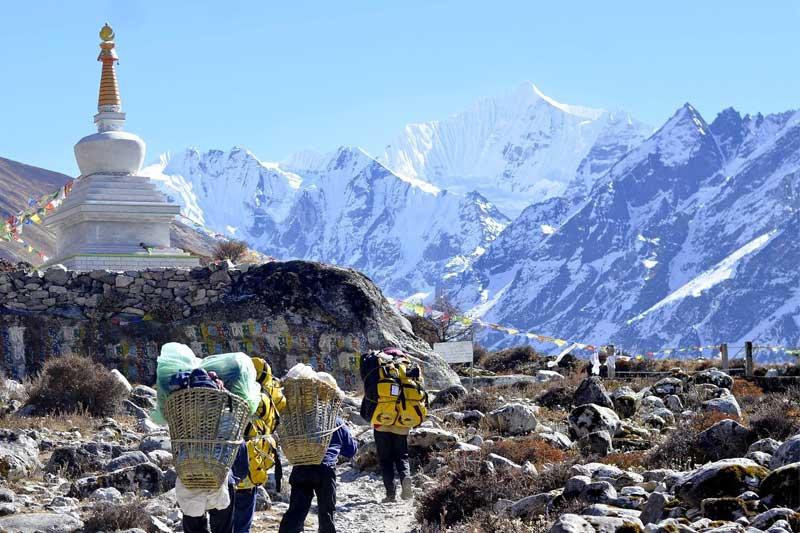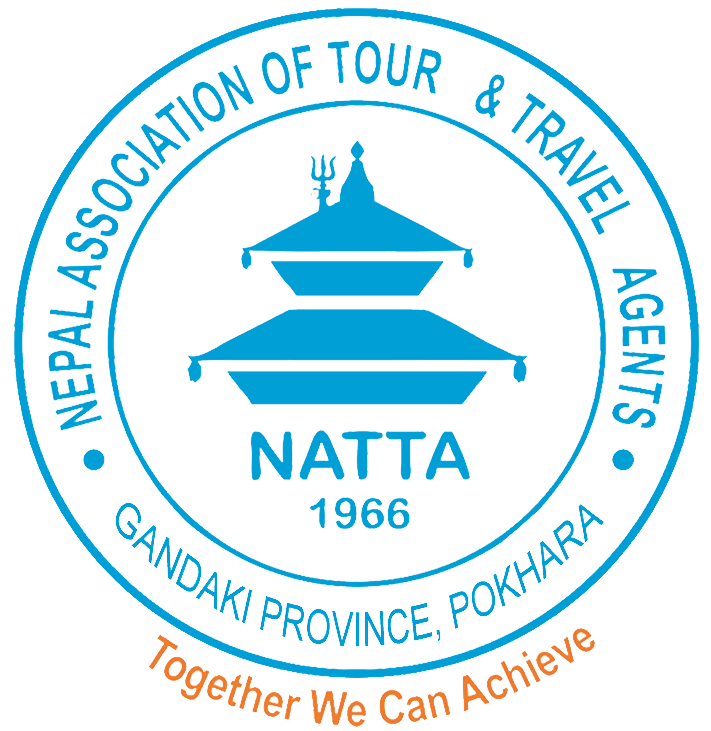Trekking to Langtang Valley
Trip Overview
Trip at a Glance
Trekking to Langtang Valley is a wonderful Himalayan adventure in Nepal. This trip takes you to explore the beautiful Langtang region of the Himalayas. It is the nearest Himalayan trekking adventure from Kathmandu and one of the most beautiful treks.
What is Trekking to Langtang Valley like?
Langtang is one of the most spectacular trekking regions in Nepal. Trekking in the region is certainly a wonderful activity that gives you a lifetime experience. Trekking to Langtang Valley takes you all the way to Kyanjing Gompa. You will find yourself amidst breathtaking mountains when you reach Kyanjing Gompa and hike to Kyanjing Ri.
Although a popular trekking trip, you will find fewer trekkers in the region than in Everest and Annapurna. As the region has less crowd of trekkers, you can experience a peaceful atmosphere walking through the region.
This adventure offers you an experience of natural serenity and magnificence that a Himalayan adventure can offer you at the best. You can explore and enjoy beautiful local villages and also witness the lifestyle of the locals in the region.
If you are looking for a short and beautiful trekking adventure, this adventure is certainly the one and you will love it.
You can also check this adventure in the Langtang region that takes you to Gosainkunda Lake.
Why Trekking to Langtang Valley?
Of many trekking trips in the Himalayas, you will love this adventure if you –
- Are looking for a short trek in a peaceful mountain region
- Want to trek in the region where fewer people go trekking
- Love to enjoy spectacular views of mountains
Detail Itinerary
Is the proposed itinerary suitable for you?
If you are looking for a custom itinerary, please feel free to reach out to our team of professionals at any time.Cost Details
What is included?
- Pick up and drop off on arrival and departure
- Hotel accommodation on twin sharing basis in Kathmandu
- Basic teahouse accommodation during the trek
- Breakfasts in Kathmandu
- Breakfasts, Lunches, and Dinners in the mountains
- All overland transportation required for the trip
- An experienced trekking guide and a necessary number of porters
What is not included?
- International flight ticket and travel insurance
- Lunches and Dinners in Kathmandu
- Any kinds of drinks and expenses of personal nature
- Tips to guide and porters
- Any other cost which is not mentioned in the "Includes" section
